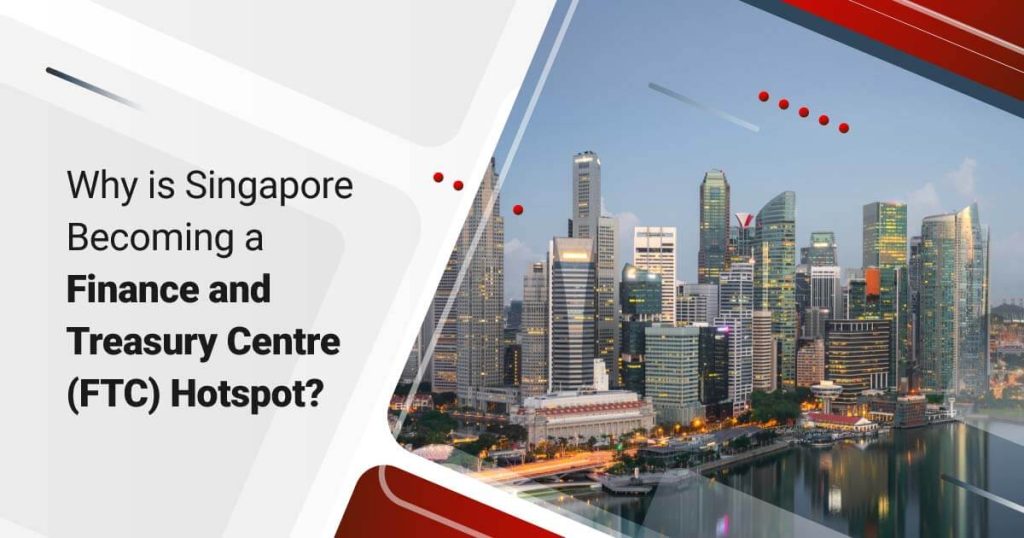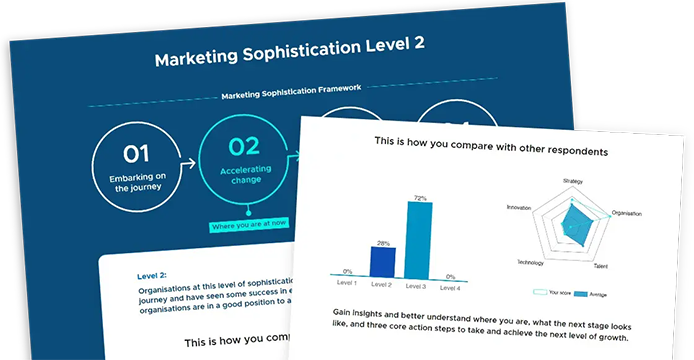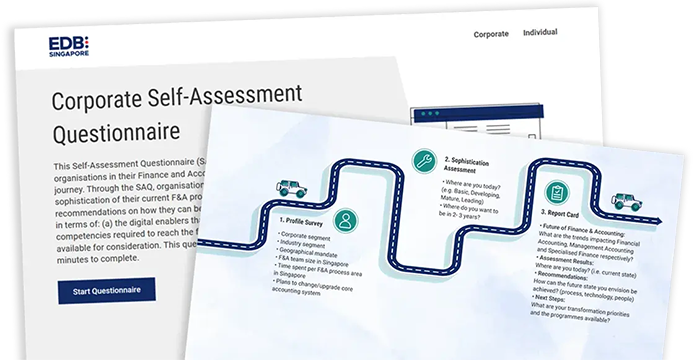Its financial ecosystem is robust and tightly connected with international financial markets, offering the global reach and expertise that multinational corporations (MNCs) desire. Beyond that, though, are the attractive encouragements offered by Singapore’s FTC Incentive.
In essence, Singapore offers a complete package: economic stability, a friendly legal and tax environment, and a financial infrastructure that’s in sync with global markets.
This article will endeavour to explain the basics of an FTC, its benefits, and how Singapore is incentivising forward-thinking MNCs to set up their FTC in the Lion City.
What is a Finance and Treasury Centre (FTC)?
Definition and Role
An FTC is essentially a dedicated unit within a company that handles all activities related to treasury and finance. It is the epicentre where complex financial transactions are executed, risks are managed, and strategic financial decisions are made. Ultimately, the role of an FTC extends beyond just transactional activities; it involves strategic planning and execution that align with the company’s long-term objectives.Types of FTCs
Understanding the different types of FTCs is crucial for any business considering centralisation. Here are the main operational models for FTCs:Global Treasury Centre
In a Global Treasury Centre, all financial activities from various operational entities across the globe are centralised into a single unit. This model offers the highest level of consolidation and is particularly beneficial for companies with a significant global footprint. It allows for streamlined operations, unified reporting, and a holistic view of the company’s financial health.Global Treasury Centre with Regional Treasury Centres
This model offers a middle ground. While there is a Global Treasury Centre, regional centres also exist to manage local operations. This structure provides the benefits of centralisation while also allowing for local expertise and time-zone-specific activities.Hybrid Model
The hybrid model offers the best of both worlds. It combines elements of global and regional treasury centres, allowing companies to customise the structure based on their specific needs. In the hybrid model, most business units report to one global treasury centre, with a few specialised treasury operations vehicles operating independently. This model is highly adaptive and can evolve with the changing needs and scale of the business.Key Areas FTCs Cover
Daily Cash Management
One of the primary roles of an FTC is to manage the company’s daily cash flows. This involves everything from handling incoming payments to executing outgoing transactions. By centralising these activities, companies can gain a real-time view of their liquidity, enabling them to make informed decisions quickly, if not in real-time.Financial Risk Management
FTCs play a pivotal role in identifying, assessing, and mitigating financial risks. This includes currency risk, interest rate risk, and commodity price risk, among others. By having a centralised unit, companies can implement uniform risk management policies and ensure compliance for operational entities across the board.Corporate Finance
FTCs are not just about managing cash and mitigating risks; they also play a crucial role in corporate finance. This includes capital budgeting, financial reporting, and even mergers and acquisitions. With a centralised FTC, companies can ensure that all financial activities align with their strategic objectives.Advantages of Having an FTC in Singapore
Singapore’s Extensive Taxation Networks and Trade Agreements
Singapore offers another layer of financial incentives through its extensive network of double taxation agreements and regional free trade pacts. These agreements further sweeten the deal for investors, providing mechanisms to avoid double taxation and facilitating smoother cross-border trade. This makes Singapore not just a viable but an exceptionally advantageous location for establishing an FTC.Government Incentive Schemes
The Singapore government offers various incentives to attract FTCs. The Finance and Treasury Centre Incentive scheme, governed by the Singapore Income Tax Act, is a prime example. It not only offers a reduced tax rate but also provides withholding tax exemptions on interest payments related to qualifying FTC activities. We’ll cover the specific benefits of this scheme later in the article.Talent Pool
Singapore’s education system is one of the best in the world, with 93% of the population attending tertiary education, producing a highly skilled workforce. The city-state is a melting pot of cultures, offering a diverse talent pool that can bring a range of perspectives and skills to your FTC. Related Read: What is the X Factor That Makes Singapore a Global Talent Hub?Political and Economic Stability
Singapore ranks high in terms of political and economic stability – the country has a corruption-free environment, robust legal system, and high-quality infrastructure. These factors make it a safe and reliable location for long-term investment. Related Read: What Actually Makes the Singapore Economy Work?Singapore FTC Incentive and How to Apply
Overview of the FTC Incentive
The Singapore FTC Incentive is a government initiative aimed at attracting more FTCs to the city-state. It falls under the Singapore Income Tax Act and offers a range of benefits, including a concessionary tax rate of 8% on qualifying income and withholding tax exemptions.Eligibility Criteria
To qualify for the Finance & Treasury Centre (FTC) Incentive in Singapore, your entity must meet specific criteria and conditions. Below are the key points to consider:Who Can Apply?
- Your company must have established international business and operations.
- It must be registered in Singapore.
How Does the FTC Incentive Work?
- A concessionary tax rate of 8% is applied to qualifying income from FTC services to Approved Network Companies (ANCs) and FTC activities.
- Withholding tax exemptions are available on interest payments related to qualifying FTC services and activities for loans from both domestic and foreign financial institutions.
- The incentive lasts for 5 years.
Terms of the Award
- For First-time Applicants:
- Employ at least 4 FTC Professionals based in Singapore by Year 1.
- Incur an annual Total Business Expenditure (TBE) of at least S$1.5 million by Year 1.
- For Subsequent Applicants:
- Employ at least 1 additional FTC Professional by Year 5.
- Incur an additional annual TBE of at least S$400,000 by Year 5.
Assessment Criteria
Entities are assessed based on quantitative conditions and qualitative aspects like the scale of operations, economic spin-offs, and key activities such as cash management and risk management.Compliance and Reporting
Maintain separate accounts for non-qualifying activities. Submit annual progress updates to the Economic Development Board (EDB).Exclusions
Entities falling under certain categories, like those under sanctions, engaged in illegal activities, or regulated by specific authorities are not eligible.Application Process
The application process for the FTC Incentive is quite straightforward but requires detailed documentation. Companies need to submit a formal application, including a Core Form and a Supplementary Form, to the EDB. The EDB then assesses the application based on various criteria before granting the incentive.Where to Next for Setting up Your FTC in Singapore
Singapore has, through indirect and direct methods, meticulously crafted an environment that beckons companies to set up their FTCs here. From its investor-friendly tax policies to its rock-solid financial infrastructure and political stability, Singapore is more than just a safe bet — it is a strategic move for any business aiming for global excellence. Not to mention, the FTC incentive is perhaps the final tickbox to make Singapore your first choice. Contact our taxation team at InCorp, which knows the Singapore landscape and relevant guidelines to support your FTC implementation!Growing your business and need to develop your marketing strategies and finance functions?
Discover these free self-assessment tools by the Singapore EDB:
FAQs
What does a treasury centre do?
- Treasury centers play a crucial role in centralizing and consolidating cash and risk management, as well as talent and resources. By doing so, they can achieve economies of scale, streamline processes, and ensure tighter control.
What is the finance and treasury centre incentive?
- The Finance and Treasury Centre (FTC) Incentive serves as a catalyst for companies looking to enhance their treasury management capabilities and establish Singapore as a strategic hub for finance and treasury activities.
What are some finance and treasury centre regulations?
- You can find out more about the relevant regulations here on Singapore’s Income Tax Regulations: https://sso.agc.gov.sg/SL/ITA1947-RG18?DocDate=20210630




